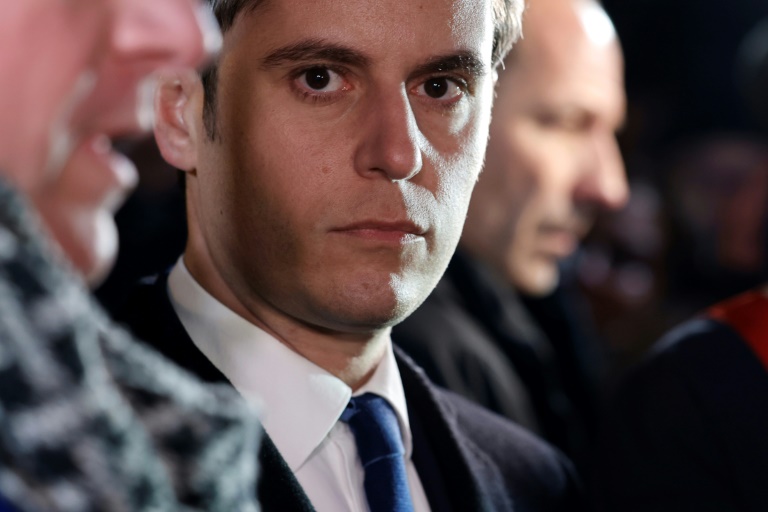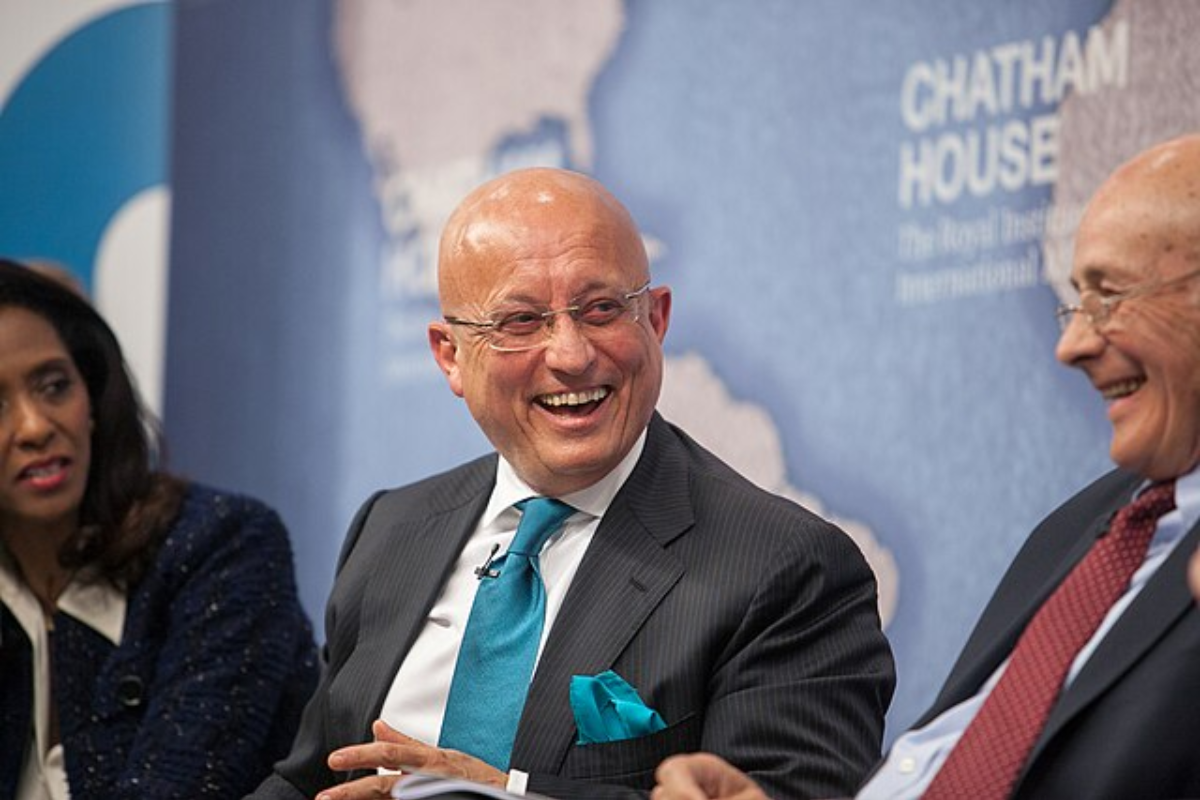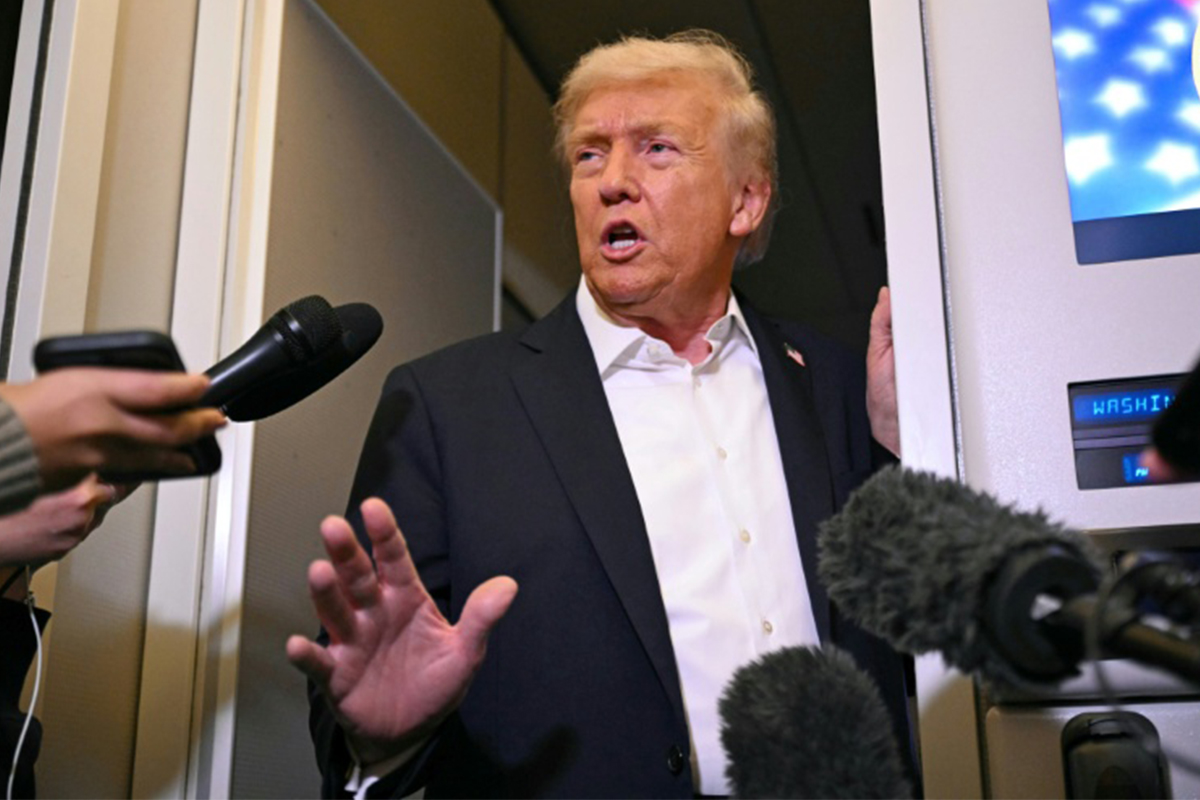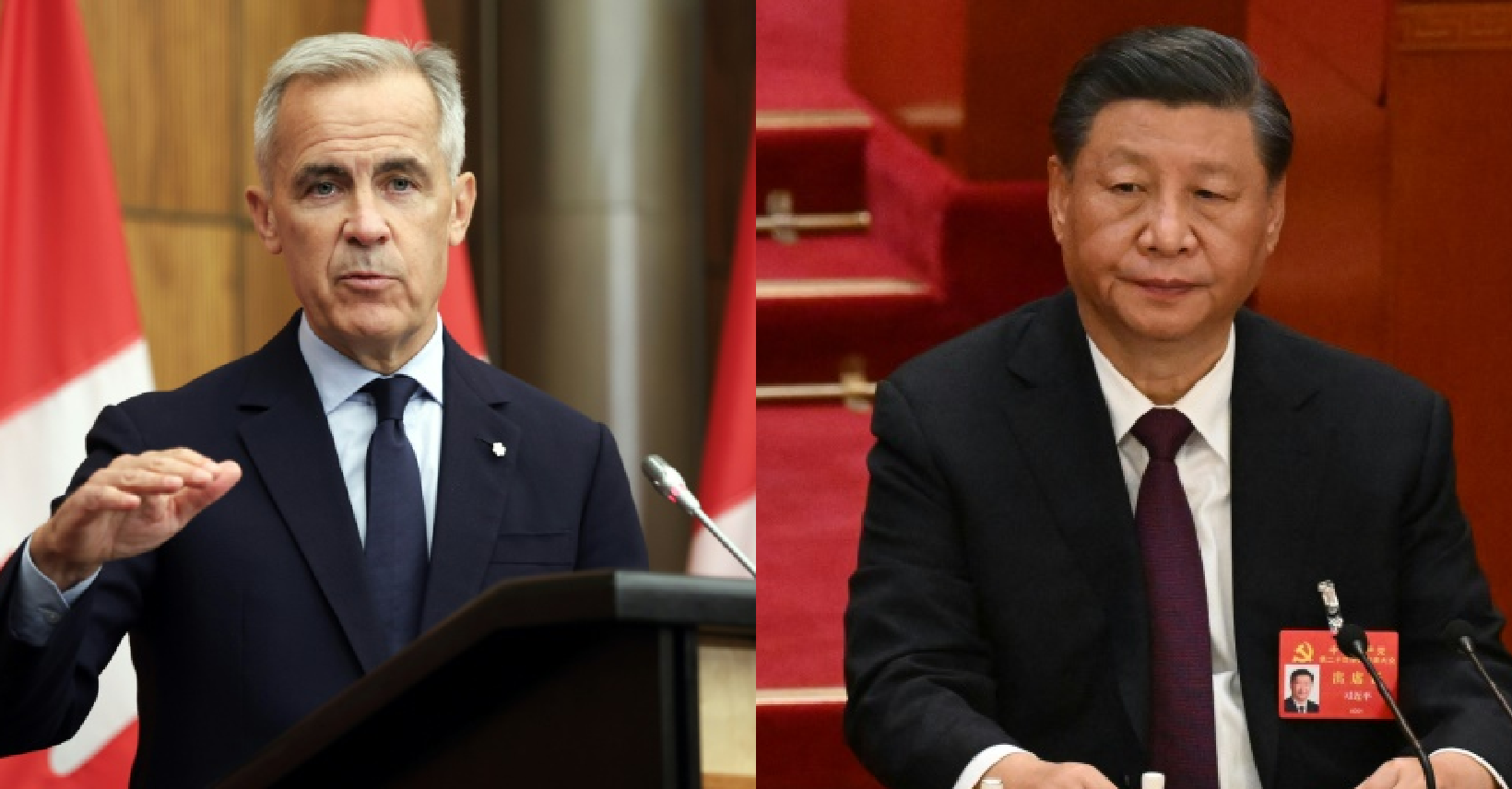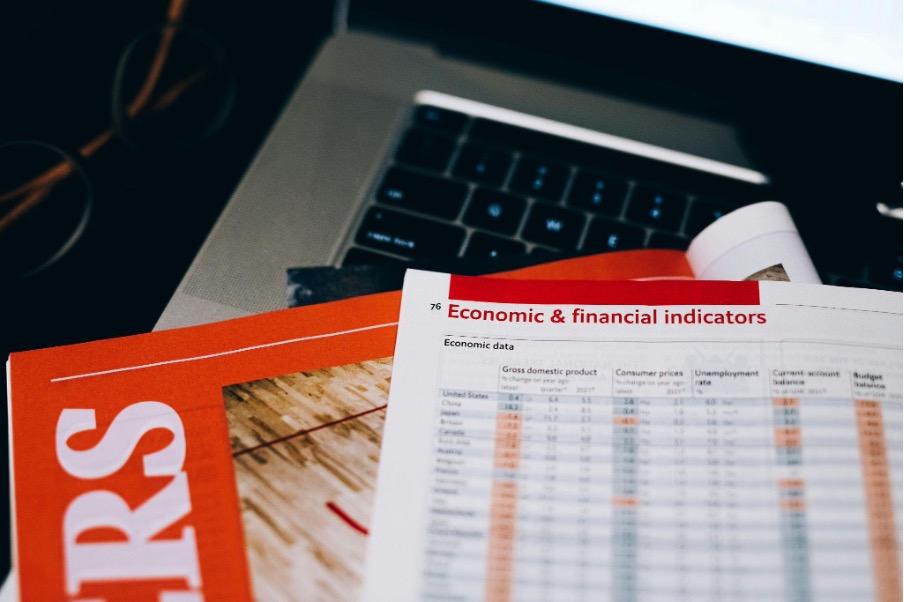By appointing Gabriel Attal prime minister, President Emmanuel Macron is betting on the youth and dynamism of the 34-year-old to beat the far-right in European elections but also shape a future after 2027 when he must step aside.
Political analysts say Macron is hoping to use the appeal of Attal, France’s most popular politician according to recent polls, to reinvigorate his lacklustre second term after seven years at the helm of the country.
“He embodies a momentum, a dynamic, and a boldness that we certainly needed,” an advisor to Macron’s ruling Renaissance party told AFP on condition of anonymity.
Gaspard Gantzer, a former adviser to President Francois Hollande and political communications specialist, expected Attal, who became France’s youngest prime minister on Tuesday, to “steal the limelight” and predicted the emergence of “Attalmania.”
The appointment to the prime minister’s residence of Matignon is a stunning rise for Attal after brief stints as government spokesman, budget minister and education minister.
Attal’s promotion is an uncharacteristic move for Macron, who himself in 2017 aged 39 became France’s youngest head of state since Napoleon.
Attal’s immediate predecessors — Jean Castex and Elisabeth Borne — were more technocratic figures, while the new prime minister is already more popular than Macron and has the potential to overshadow his legacy.
“Perhaps for the first time since 2017 the president, who so wanted to show that he was self-sufficient, is suggesting that he needs to be assisted,” said Le Monde daily.
One cabinet minister, speaking on condition of anonymity, pointed out that Attal had been “created from scratch” by Macron.
“It’s the first time the president has really chosen someone so close to him,” the minister said.
Macron is hoping to give France a new message of optimism and repeat the success of his stunning 2017 election by promoting a politician in his own image, political analysts say.
“I know I can count on your energy and your commitment,” said Macron on X, adding that the new premier would act in line with the spirit of “excellence and audacity” of 2017.
Figures across the political spectrum and French media stressed an uncanny resemblance between Macron and Attal, pointing to the two men’s similar combative style and sartorial taste. Some quipped that the younger politician was Macron’s “clone”.
Originally a supporter of the Socialist Party, Attal shifted to Macron’s new centrist movement when it was founded in 2016.
Relatively inexperienced, Attal embodies authority and firmness, seen by the right and Macron as key values to meet the challenges of a divided nation.
The rise of the far-right National Rally (RN), which leads Macron’s alliance by nearly 10 percent in polls, is a huge problem for the president ahead of the June European elections.
The president hopes that Attal is the right man to take on Jordan Bardella, another rising star of French politics and just 28, who took over from Marine Le Pen as leader of the RN.
Many observers said that Attal’s appointment has thrown open a race to succeed Macron.
All the potential presidential candidates including Interior Minister Gerald Darmanin, 41, or Finance Minister Bruno Le Maire, 54, “suddenly look much older”, said Gantzer.
Attal’s appointment has ruffled many feathers. Macron reportedly had to overcome objections from key powerbrokers, including former prime minister Edouard Philippe, 53, who also has his eye on 2027.
But the president’s aides have vigorously defended the move, while refusing to link the nomination to the 2027 presidential election plans.
Macron “assumes a responsibility for training and promoting the Macron generation”, a member of his team told AFP on condition of anonymity.
Many political observers said it was still too early to make any predictions.
Some said that a stint as prime minister could thwart presidential ambitions, pointing out that Edouard Balladur, who served as prime minister under Francois Mitterrand, unsuccessfully ran for president in 1995.
He lost to Jacques Chirac, who was elected France’s president after serving as prime minister in 1974-76, and 1986-88.
As Gantzer pointed out: “In the medium term, three years is a very long time, and no one has ever gone from the Matignon to the Elysee in the same breath.”
AFP
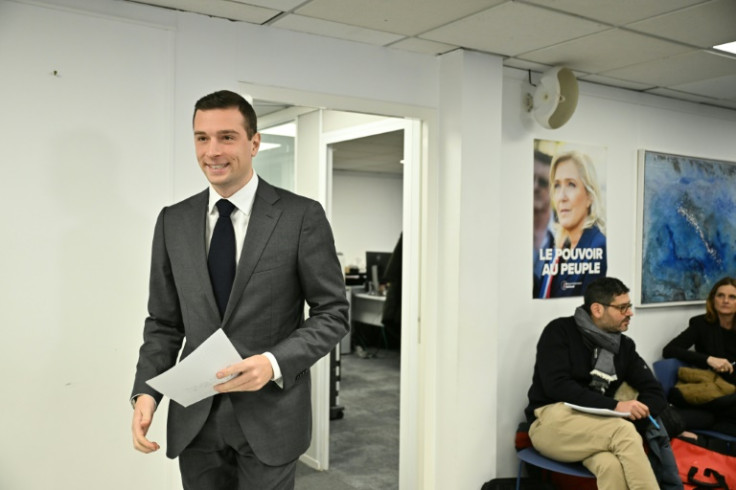
AFP

